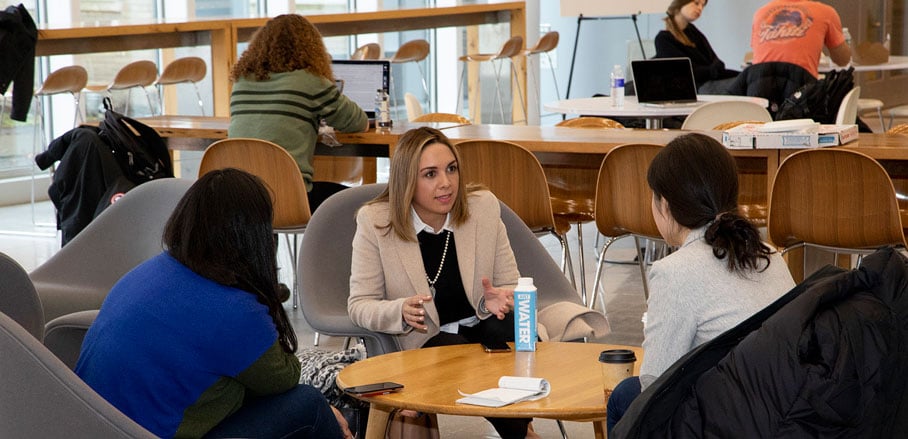Womenomics for the Cities We Need
“The world would be a different place if its nations believed and practised what’s been called “womenomics”, a theory linking the advancement of women to increased development rates” – add “cities” to “nations” in this statement by UN News and we arrive at the TCWNN’s central claim.
When you are a woman it becomes complex to define the professional development you would like to achieve, since in some way the family, the traditions, and customs were preparing us mainly for family assistance tasks. In these times, we are experiencing a global paradigm shift that promotes abandoning that role for another, putting core beliefs in tension.
Globalisation allows people, organisations, and enterprises, among others, to act Global-Locally: GloCaL. Thinking globally but acting locally. This phenomenon is understood as an accelerated intensification of interactions between countries, but not only or primarily through the governments. It involves a process of transnationalisation of politics, where the actions are carried out by a transnational actor (states, companies, unions, non-governmental organisations, et cetera.). In this scenario, we have the best opportunity to magnify our impact; working within a network of like-minded visionaries and troubleshooters.

Professional Women: Achieving Boldness Through Alliances
In this context, being able to see yourself as an economically independent professional woman who can express her own thoughts, while at the same time strengthening the foundations of society by thinking in community, requires an effort that you must be willing to make – but also of a boldness that is achieved through alliances.
One thing that I observe recurrently in cities is that gender is not completely considered in the decision-making and budgeting of urban life. While there is a focus on empowering women through sharing the burden of care tasks that negatively impact women’s professional careers, we missed the opportunity to accelerate access to finance or fundings for women’s development and/or economic independence. It is something that leaders mention, but it is not connected to concrete actions. We need to think of women’s inclusion as a cross-cutting principle.
At Smartly we had the opportunity to organise the Urban Thinkers Campus (UTCs): Vibrant and Inclusive Urban Life (in Mexico and Ecuador), co-organise three Special UTCs COVID -19 edition, and also relaunch the Urban Journalist Academy (Buenos Aires and Mexico, 2019), among other activities.
Professional Women: Achieving Boldness Through Alliances
In this context, being able to see yourself as an economically independent professional woman who can express her own thoughts, while at the same time strengthening the foundations of society by thinking in community, requires an effort that you must be willing to make – but also of a boldness that is achieved through alliances.
One thing that I observe recurrently in cities is that gender is not completely considered in the decision-making and budgeting of urban life. While there is a focus on empowering women through sharing the burden of care tasks that negatively impact women’s professional careers, we missed the opportunity to accelerate access to finance or fundings for women’s development and/or economic independence. It is something that leaders mention, but it is not connected to concrete actions. We need to think of women’s inclusion as a cross-cutting principle.
At Smartly we had the opportunity to organise the Urban Thinkers Campus (UTCs): Vibrant and Inclusive Urban Life (in Mexico and Ecuador), co-organise three Special UTCs COVID -19 edition, and also relaunch the Urban Journalist Academy (Buenos Aires and Mexico, 2019), among other activities.
This article was first published by URBANET. You can access it here.
